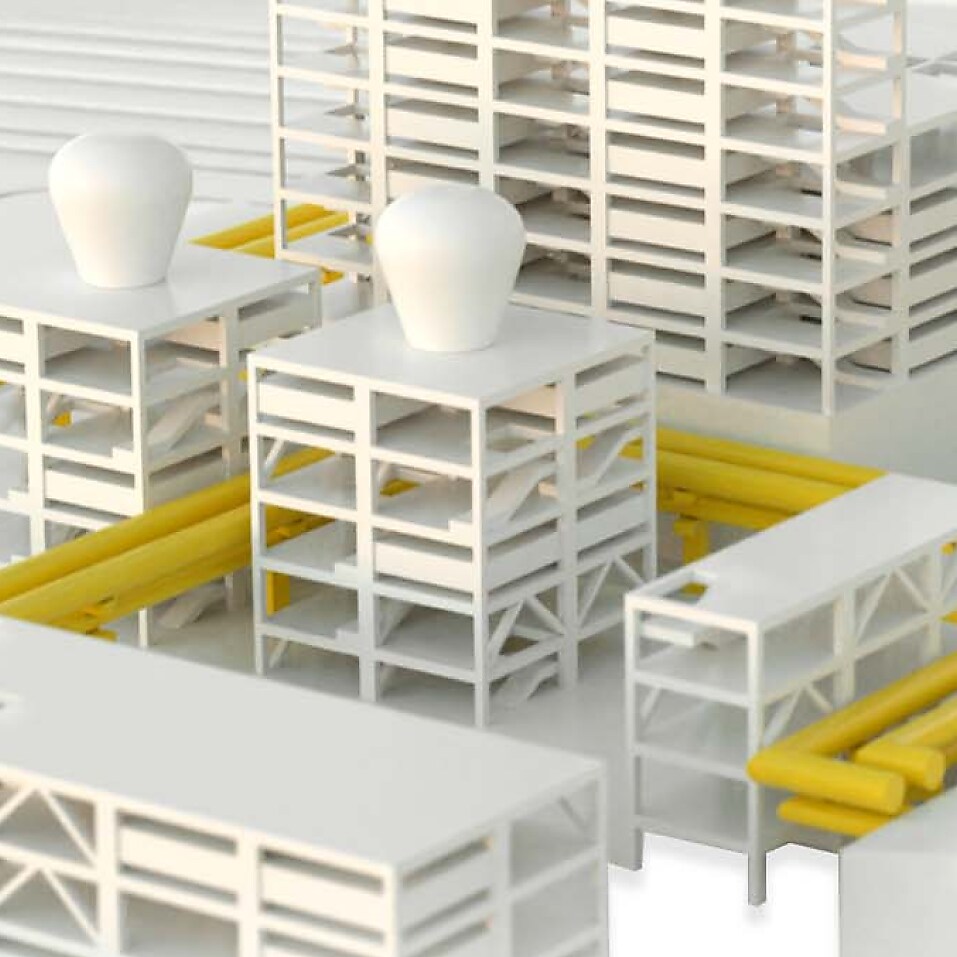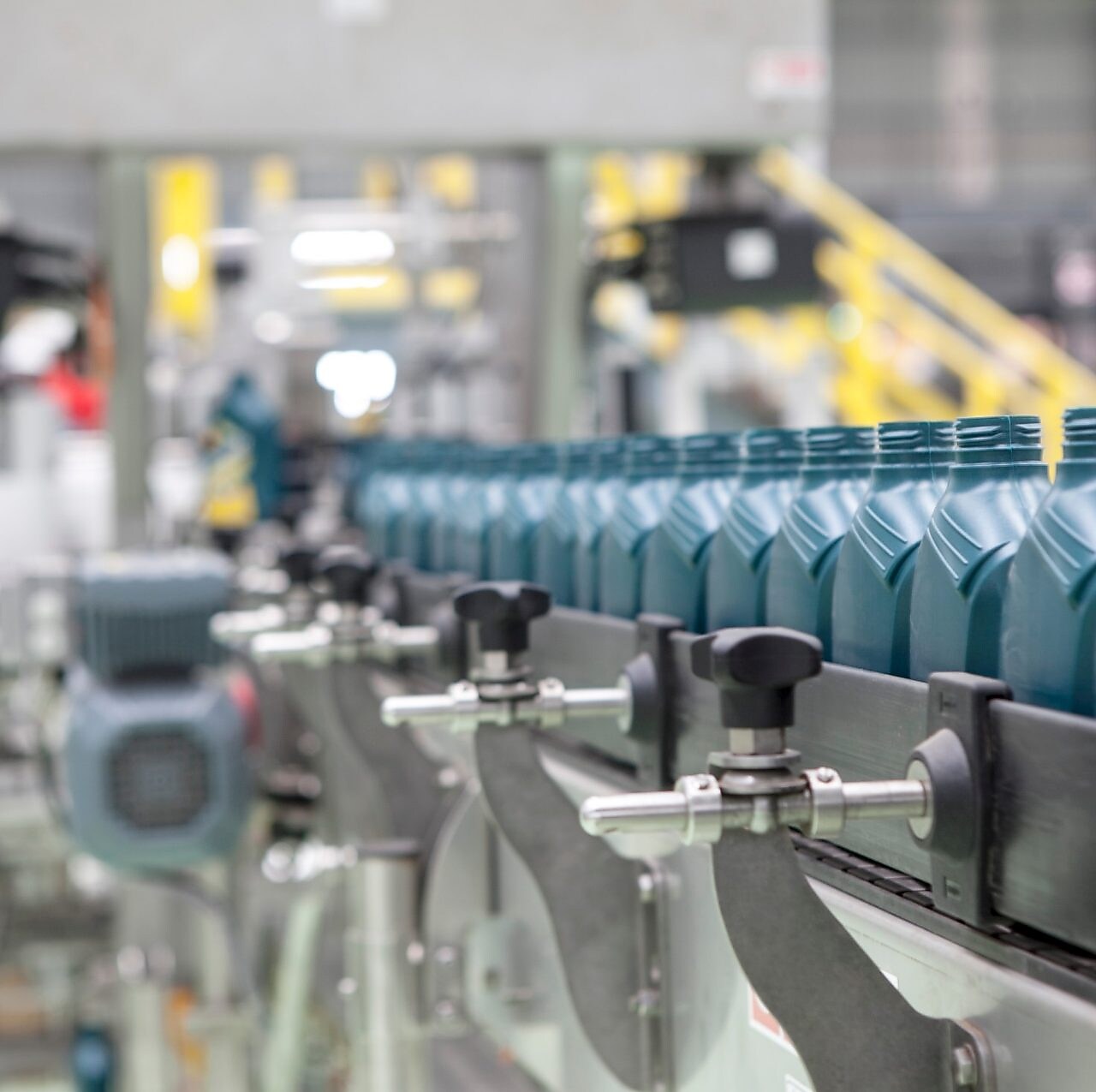
Polymer Testing & Other Processes That Improve Resin Consistency
Polymer testing provides the necessary feedback loop to manufacturing controls that can reduce resin quality variations.
Resin is the lifeblood of converters and resin consistency is critical to keeping operations running smoothly. Shell Polymers has the people and processes in place to make sure resin is on-spec and meets customer requirements. Let’s go in-depth on the plastic resin manufacturing process and see how resin consistency can be maintained through polymer testing.
The Importance of Quality Control
High amounts of variations in polyethylene resin properties cause problems in production and the end products made by converters. These issues slow down operations and can ultimately hurt a converter’s bottom line. To mitigate those issues, we focus on quality control so that customers get the resin they expect.
Part of making that goal a reality is our Analytical Laboratory, which is key to our intention to produce the right pellet for our customers. In the lab, we analyze the properties of the ingredients that go into a product, the product streams at mid-production, and the final resin. These multi-stage checks help us catch any deviations from the specs to steer the resin to a tighter tolerance and thus improve resin consistency our customers are looking for.
Our conversations with converters have helped us understand what our customers expect in terms of consistency and we’ve built these control processes around those expectations. These steps help to make sure the product will be as consistent as possible when it reaches the railcars and eventually, our customers.
Checking Resin Quality at Every Stage
One of the key ways we can ensure resin quality is by using the state-of-the-art equipment at our polyethylene plant. This equipment is used to conduct tests according to industry standards that converters have come to expect. However, we’ll also be testing various materials to their limits to tease out key differences. This extreme form of resin testing will help us uncover valuable insights that we can pass on to customers.
Our polymer testing lab will also be involved in the resin qualification process as a final check before resin is prepared for shipping. In the lab, samples of finished product will be tested on a regular basis and measured against a wide range of parameters. This acts as a final check that can help us catch any issues at the last stage of resin production, adding another safety net for our customers.
Sharing Polymer Testing Insights With Customers
The final piece of the resin consistency puzzle has to do with data that is gathered during these tests. Data and analytics are no longer a nice-to-have and both play a big role in performance and quality of the customers’ product. Working with suppliers who don’t use data in their processes means missing out on potential insights beyond the status quo of buying resin.
The tests we’ve detailed here help our team gather detailed information about a product's flow and mechanical properties. We can then share data at the macro and molecular level so that both our team and our customers have a more comprehensive understanding of the resin they are using and how best to operate with it. With these processes in place, our goal of providing consistent resin to our customers becomes that much more obtainable.

Capitalize on market trends
Converters are predicted to see a slowdown in growth this year, but opportunities loom. Here's what you need to know.

